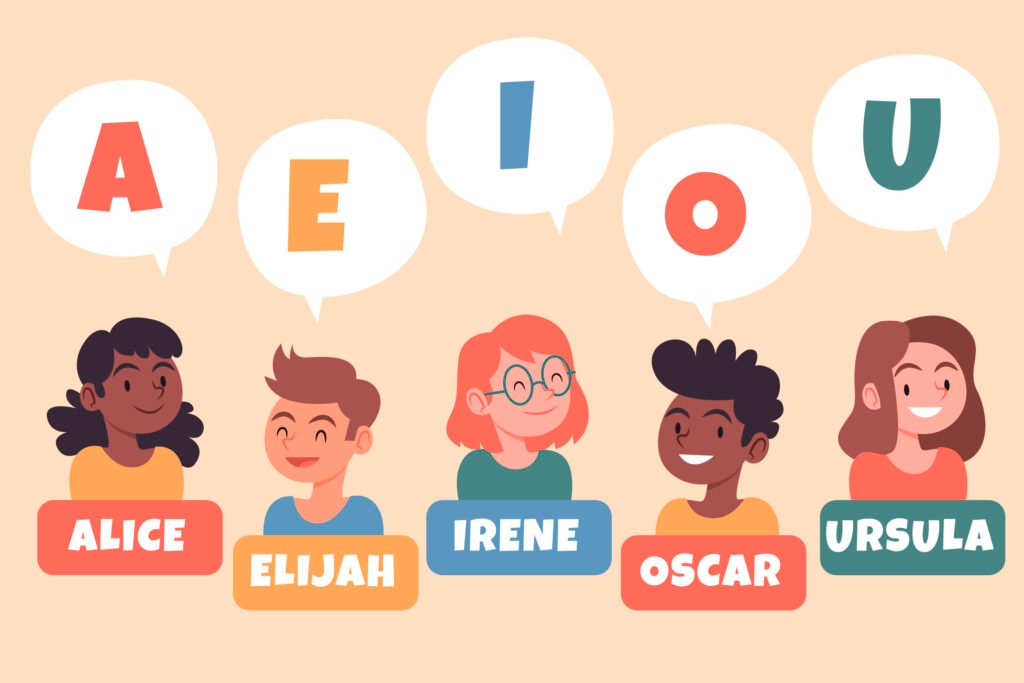Name power. How idioms can turn your name to a punchline.
- Home
- Blog

By Omolola Olakunri.
Names are powerful forms of identity. There is usually a reason for giving a name, these include ancestory, revelation and or honoring a someone or something
Today however, names have been taken on a life of their own, and are used to describe certain habits of people. Hilariously funny punchlines literally zip their way through certain names as idioms. They describe the traits and habits of people. Giving them new meaning that are humourous and thought provoking, becoming a part of our everyday language.
Starting with English, Pray, who was the rich Mr Jones, and why was everyone trying to keep up with him? Apparently the phrase, Keeping up with the Joneses, originated from a comic strip about a family trying to keep up with their neighbors’ lavish lifestyle. It’s used to describe the pressure to conform to societal norms or keep up with others’ material possessions.
Who dared to categorise all Janes as plain..
How dare he?
Was it because it rhymed ?.. Or because Jane was a common, unremarkable name. Used to describe someone or something that’s ordinary or lacking distinctive features. No wonder the name is dying out. Who wants to be described as lackluster?
However I do know some stunning Janes, who would literally defy this stereo type, but I get it.
Tom, Dick, and Harry must have been the most common boys names in a season. It is believed to have represented the average person. It’s used to describe ordinary people or the common masses.
Who was Tom peeping at when he earned himself the name? Apparently this phrase originates from the legend of Lady Godiva, who rode naked through the streets of Coventry to protest taxes. According to legend, a man named Tom peeked through his window, and the phrase “Peeping Tom” has since become synonymous with voyeurism.
Then there is the Bible’s Doubting Thomas, a name for anyone who questions everything.
Tom, see what you have caused?

Yoruba Names in Idiomatic Expressions are just as hilarious. Creating a vivid and memorable image of character traits and banter.
Saamu, as in ‘Egberun Saamu o le sa mo olorun lowo’, is used in Yoruba to convey the idea that “a million Samuels cannot run away from God,” suggesting that one’s fate is inescapable.
Alajo Somolu: This name describes Taiwo Olunaike Alphaeus. Lagos’ legendary thrift collector, who was uneducated but had a computer-like brain. Fantastic at counting and keeping money. Exhibiting exceptional accounting skills.
When someone says, ‘Se Da Rocha ni mi ni??.’.
Am I Da Rocha, It’s a term used to describe great wealth of Candido Joao Da Rocha, Nigeria’s first millionaire. By saying Am I Da Rocha the implication is that one does not have his wealth or Influence, and should be allowed to be.
Animashawun.. Derogatory name used when referring to a lady with loose morals. Its literal translation means someone who is not stingy with favours.
‘Dundee’ is a Yoruba lingo for a fool or an idiot. The full word Dundee United refers to a company of fools.
How the name of a football team in the United Kingdom morphed into an insult still beats the imagination of many people.
Ojo o si n’le, omo adie dagba..Already has me in stitches.
Who gave Ojo access to the poultry farm?
Because the owner of the name literally devoured all the tender chicks in his care. Giving the excuse that some ailment or the other caused the fatalities.
When Ojo is around. Things don’t thrive.
Oni’rin Booro..Translation is the Burrow traveller.
The story is told of a white man who came to Africa in the 1700s in search of adventure. His name was Burrows. His detailed journaling of his escapades in Nigeria and Africa led to the creation of the expression.
There are so many others that tell stories of life’s experiences. like Ewu nbe l’oko Longe.. There’s trouble in paradise.
From Plain Jane to Peeping Tom and Onirin Burrow, names have become punchlines, Proverbs, and warnings, embedded in both English and Yoruba expressions. While these idioms may spark laughter, they also remind us of the power of names and how easily identity can be shaped or reshaped by the stories we tell.
So the next time your name pops up in a joke or an idiom, take it with a pinch of humor, and a dose of cultural insight- it might just mean you have made it to the folklore of language.
About Us
Write Affairs was created in June 2024 as an extension of Quintessential Strategies Limited (QSL) to meet the growing demand for expert writing services.
